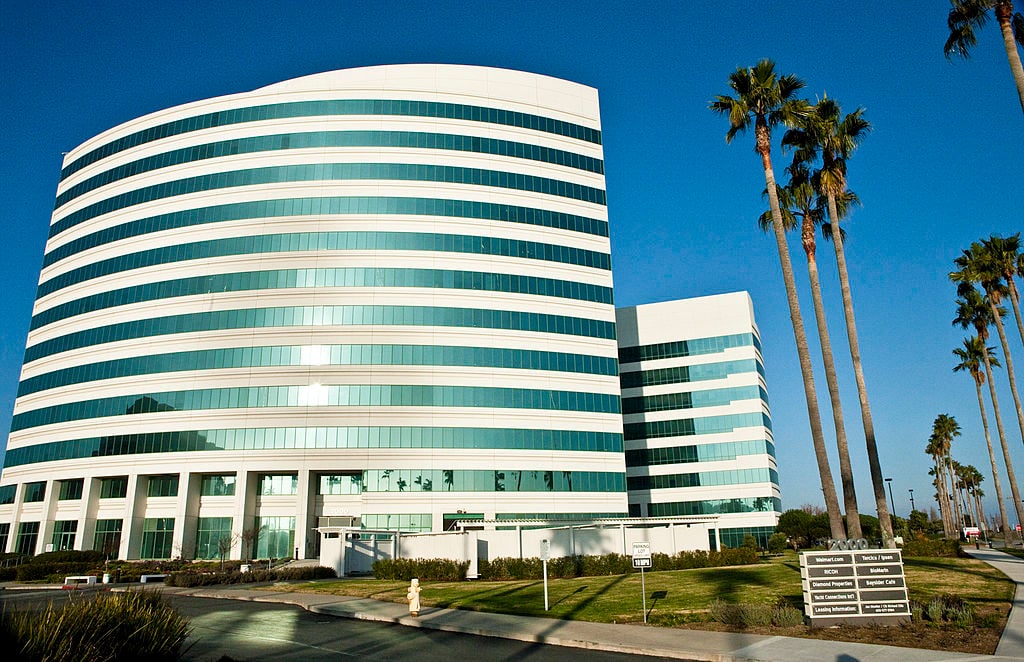Ipsen, Genfit gain FDA approval for Iqirvo in liver disorder, teeing up Intercept showdown
Drug ApprovalAcquisitionExecutive Change

Preview
Source: FiercePharma
Three years after Ispen licensed elafibranor from Genfit, it has gained FDA approval to treat the rare liver disorder primary biliary cholangitis (PBC).
Once hyped as a potential blockbuster medicine for metabolic-associated steatohepatitis (MASH), Ipsen and Genfit’s elafibranor has found its calling as a treatment for a lower-profile liver disorder.
The FDA has approved Iqirvo for primary biliary cholangitis (PBC), a chronic autoimmune condition which affects approximately 100,000 people in the U.S., most of them women between the ages of 30 and 60.
PBC causes a buildup of bile and toxins, leading to inflammation and fibrosis of the liver. Over time, patients become increasingly fatigued and develop a debilitating itch (pruritis). In the absence of treatment, the condition can require a liver transplant or lead to premature death.
Ipsen will charge $11,500 for a month’s supply of the first-in-class peroxisome proliferator-activated receptor (PPAR) agonist. After weak data eliminated elafibranor as a potential candidate for MASH, Ipsen in-licensed it from Genfit in 2021 as a treatment for PBC for 480 million euros ($515 million).
The FDA endorsement is an accelerated nod, based on data showing that an 80 mg tablet of elafibranor reduces the rate of production of the alkaline phosphatase (ALP) enzyme—a key biomarker indicating the extent of liver damage. Achievement of a full approval will depend on success in confirmatory trials determining whether Iqirvo can improve survival and prevent abdominal swelling or gastrointestinal bleeding.
The approval sets the two French companies up to compete with Intercept Pharmaceuticals’ Ocaliva, which has been on the market for eight years. Before Intercept was acquired by Italian private company Alfasigma last year, it expected sales of Ocaliva in 2023 to reach between $320 million and $340 million.
Analysts estimate (PDF) sales of Iqirvo to reach 193 million euros ($207 million) in 2027. Peak sales have been tabbed at 400 million euros ($429 million).
Analysts at ODDO BHF said that the approval for Ipsen “marks a success story in the active business development policy since the appointment of current CEO David Loew in 2020,” and raises hopes for other partnerships.
In regard to Iqirvo, however, one warning ODDO BHF had for investors is the lack of a reduction in pruritis on the label. The characteristic has “been seen as a weakness of Iqirvo,” the analysts wrote, especially in comparison to another drug expected to be approved in the indication in August—CymaBay Therapeutics’ seladelpar.
For more details,please visit the original website
The content of the article does not represent any opinions of Synapse and its affiliated companies. If there is any copyright infringement or error, please contact us, and we will deal with it within 24 hours.
Organizations
Targets
Drugs
Hot reports
Get started for free today!
Accelerate Strategic R&D decision making with Synapse, PatSnap’s AI-powered Connected Innovation Intelligence Platform Built for Life Sciences Professionals.
Start your data trial now!
Synapse data is also accessible to external entities via APIs or data packages. Leverages most recent intelligence information, enabling fullest potential.





